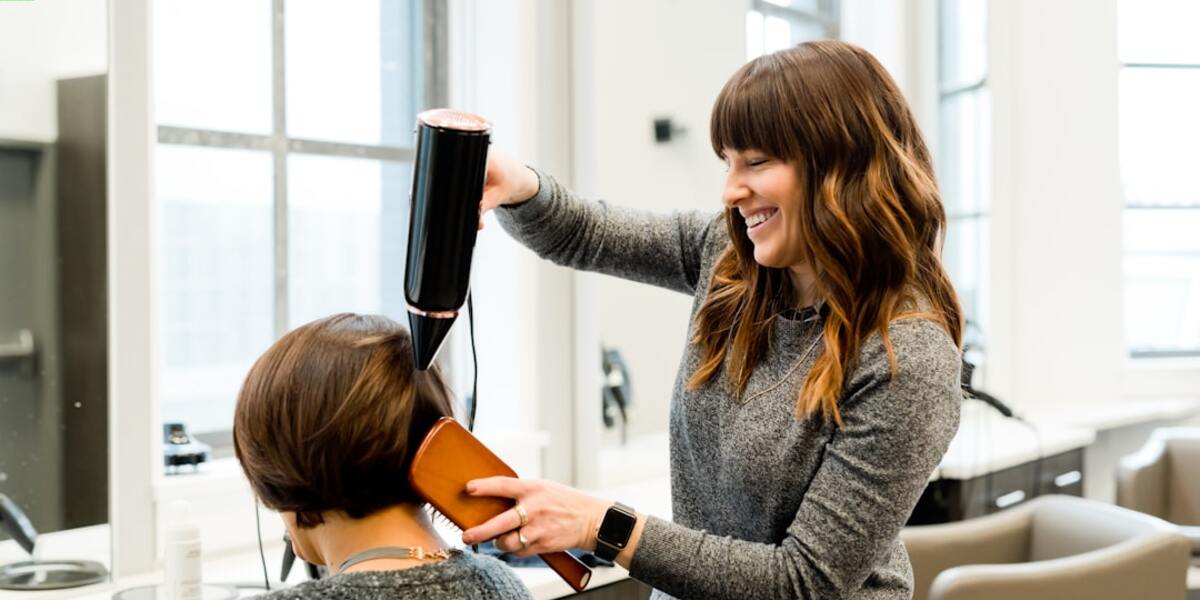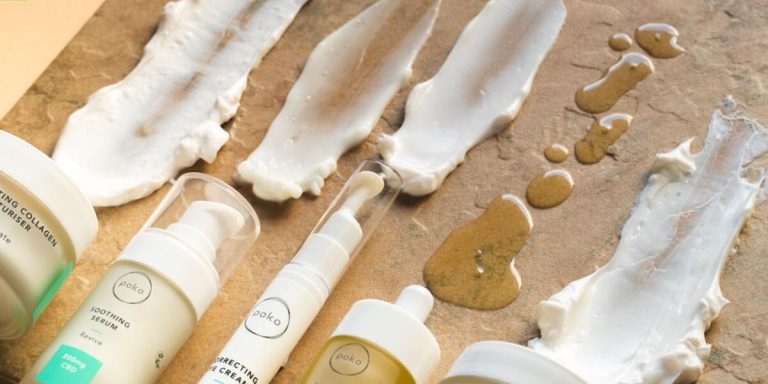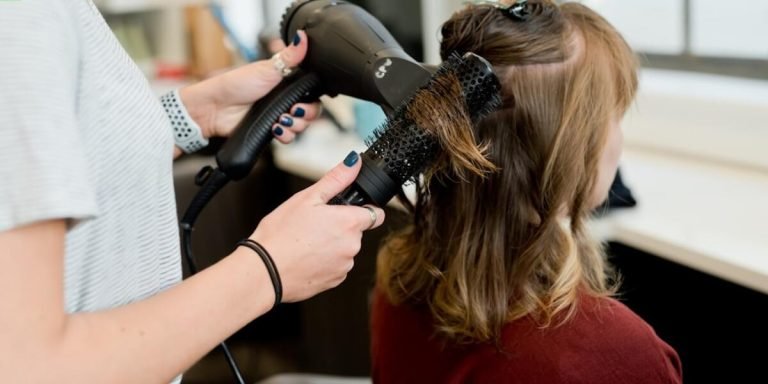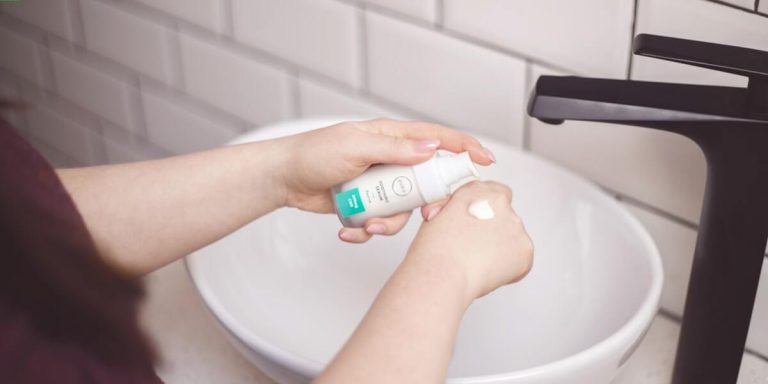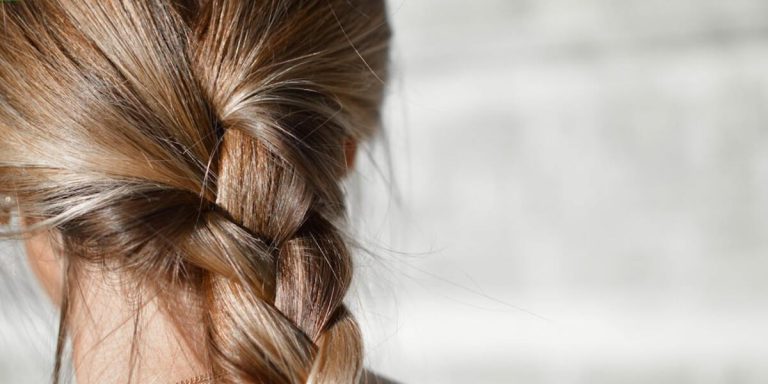How Much Vitamin D Should I Take for Hair Growth: A Comprehensive Guide
How much vitamin D should I take for hair growth?
“How much vitamin D should I take for hair growth?” is crucial for maximizing your hair’s potential. Taking the right amounts ensures a healthy scalp and promotes faster, thicker hair growth. Vitamin D is vital in maintaining and boosting our hair’s health, as its deficiency can lead to thinning or falling strands.
This comprehensive guide explores the importance of Vitamin D for optimal hair health. It explains its effects on follicle formation and function, and clarifies dosage complexities to help you maintain ideal intake levels. The goal is to promote strong and resilient hair. Your journey to luscious, healthy hair starts here.
Did you know?
Did you know that Vitamin D receptors are present in your hair follicles? The deficiency of this ‘sunshine vitamin’ can cause these follicles to become dormant, which, over time, may lead to significant hair loss.
The Role of Vitamin D in Hair Follicle Health
Vitamin D, the ‘sunshine vitamin,’ maintains hair follicle health and directly influences hair growth and thickness. You can derive it mostly from sun exposure but also through diet and supplements. A deficiency in Vitamin D can cause alopecia or thinning of your lustrous locks, something we all want to avoid.
- Helping create new follicles where hair can grow
- Acting as a stimulator for the cells that produce hair
- Contributing to hair length and appearance, especially in women affected by hormonal changes or aging
Determining the exact daily amount of Vitamin D for optimal hair growth varies. No consensus exists on the ideal dosage among global medical communities. However, research suggests that 600 IU (International Units) is generally a safe amount but depends on factors like age, sex, location, etc.
Always consult a healthcare provider before starting any supplementation regimen to ensure safety, as everyone has unique needs based on their body type and other parameters. Safety is paramount, above all else, even when discussing something seemingly harmless like “hair growth vitamins.”
Understanding Vitamin D’s Function in Hair Cycle Regulation
Vitamin D, often termed the ‘sunshine vitamin,’ plays a crucial role in hair cycle regulation. It’s not just for bone health and immune function; it can also contribute significantly to maintaining your crowning glory.
Our bodies naturally produce Vitamin D when exposed to sunlight. However, several individuals worldwide are deficient due to inadequate sun exposure or dietary intake, which could impair their hair follicle health.
Our hair follicles, small sac-like structures where hairs grow, contain Vitamin D receptors (VDRs). When these receptors interact with active forms of vitamin D, they promote healthy hair growth by stimulating the replacement of old cells within the follicle structure during the anagen growth stage.
By supporting cellular replication and division at this critical area, Vitamin D essentially aids prolonging the anagen phase while ensuring that strands remain robust and less prone to breakage over time- contributing towards enhanced thickness resulting in fuller locks overtime.
Recommended Daily Intake of Vitamin D for Optimal Hair Growth
Vitamin D plays a key role in maintaining the health of your hair follicles. But, how much vitamin D should you take for optimal hair growth? Let’s delve into this topic.
While overdose risks do exist with excessive intake, they typically occur at doses above 4000 IU daily over an extended period. Therefore keeping within recommended dietary ranges is vital to avoid potential toxicity while promoting healthy hair and overall wellness.
Individual requirements for supplementation can vary due to factors like age, sex, and lifestyle habits. For instance:
- Smoking
- Alcohol consumption
These factors can affect absorption rates. Furthermore, pre-existing medical conditions such as thyroid issues or autoimmune diseases could necessitate additional supplementation beyond general recommendations.
Consult healthcare professionals to determine a suitable Vitamin D dosage for hair growth tailored to your personal needs. They can ensure risk-free benefits optimized for:
- Stimulating healthier nourishment and development within scalp follicles.
- Enhancing natural production, which can improve:
- Thickness
- Texture
- Shine
- Volume
- Density
This approach re-energizes life and vitality into weak, thinning strands better than ever before!
Identifying and Combating Vitamin D Deficiency for Healthy Locks
Vitamin D, commonly known as the ‘sunshine vitamin,’ plays a crucial role in maintaining our overall health and promoting shiny, healthy hair. If you lack this essential nutrient, you might notice your hair becoming thin and brittle or experiencing hair loss. Surprisingly to some, sufficient Vitamin D intake is one of the secrets behind strong, enviable locks.
Many people are becoming aware of the role vitamins play in maintaining strong, shiny hair. They often ask, “What is the right amount of vitamin D for hair growth?” The appropriate dosage depends on personal factors like age, weight, and overall health. Typically, experts suggest a daily intake of 600-800 IU (International Units) from foods or supplements and sufficient sun exposure.
However, it’s crucial not to over-supplement, as too much can cause toxicity. Vitamin D is fat-soluble and gets stored in the body instead of being eliminated. To combat deficiency issues effectively and encourage healthier, thicker hair worthy of #HairGoals envy, do the following:
- Eat foods rich in vitamin D, such as fatty fish or fortified dairy products.
- Get safe sunlight exposure regularly.
Symptoms of Low Vitamin D Levels Affecting Hair Quality
Knowing the symptoms of low Vitamin D levels affecting hair quality can be a game-changer in your journey to luscious locks. In 2023, several studies affirm that insufficient amounts of vitamin D could lead to alopecia areata and other forms of hair loss.
Next up, lackluster or thinning hair should ring alarm bells too! Hair may lose its brightness over time due to reduced follicle health which highly depends on Vitamin D presence.
Furthermore, chronic fatigue and constantly feeling under-the-weather also indicates low Vitamin D quantity in the body since this vital nutrient does more than just promote healthy growth – It’s an essential contributor towards overall well-being!
Research on “how much Vitamin D should I take for hair growth” shows that optimal intake varies due to factors like age, weight, and skin pigmentation. Nevertheless, adults should generally consume around 800-1000 IU daily according to a thorough survey of the latest medical recommendations.
Effective Strategies to Increase Vitamin D Levels Naturally
If you are worried about hair thinning or loss, your body might be signaling a lack of vitamin D. Here’s how to naturally boost the “sunshine vitamin” for healthier locks.
1. **Increase Sun Exposure:** Contrary to popular belief, sunlight doesn’t damage your hair but is a key source of Vitamin D production in the skin which can enhance hair growth and strength.
2. **Eat Vitamin-D Rich Foods:** Including food sources such as fatty fish (salmon, mackerel), fortified foods (milk, cereal) eggs yolks and cheese in daily meals will ensure consistent intake.
3. **Supplement Wisely**: The recommended dietary allowance for adults is around 600-800 IU/day while those at high risk groups may require more than normal doses – up to 4000 IU/day under medical supervision.
4. **Maintain Healthy Body Weight**: Obesity rates have been linked with low levels of vitamin D due to its deposit in body fats hence limiting availability for use by body cells including follicles responsible for healthy hairs.
5: **Regular Exercise** : It contributes towards maintaining an optimal weight further aiding improved absorption and utility support levels.
Consider that individual needs differ due to age, diet patterns, and health conditions. Always consult healthcare professionals before starting significant changes in supplement use or sun exposure routines. Excessive amounts can cause toxicity symptoms and negatively impact overall well-being, including the health of your hair.
Synergistic Nutrients that Enhance the Effects of Vitamin D on Hair Growth
Vitamin D plays a crucial role in promoting hair growth, but it works even better when combined with other essential nutrients. If you’re wondering “How much vitamin D should I take for hair growth?” include these synergistic nutrients in your daily regimen as well.
Vitamin D partners with key nutrients such as Biotin, Iron, and Zinc to promote fuller, healthier hair strands. Biotin breaks down proteins to facilitate keratin production, a primary component of hair structure. Iron supports optimal oxygen transportation through red blood cells for follicle health stimulation. Zinc aids in cell proliferation essential for robust hair development.
To dramatically improve results against thinning tresses, balance your intake of Vitamin D with its partners-in-crime instead of just increasing your Vitamin D intake. Always consult a healthcare professional or dietitian before drastically changing any dietary habits or supplement dosages, including those related to healthy hair growth like Vitamin D.
Key Vitamins and Minerals That Support Hair Growth Alongside Vitamin D
Take vitamin D to stimulate hair follicles for growth. Balance it with a mix of other vitamins and minerals for optimal hair health and vibrance. Consider the following for your regime:
- Vitamin A
- Vitamin E
- B-Vitamins, including biotin (B7)
- Iron
- Zinc
- Omega-3 fatty acids
1) Biotin: Often earmarked as the ‘hair growth vitamin’, biotin works wonders when combined with Vitamin D. It helps strengthen each strand by reinforcing its keratin structure – resulting in healthier hair that’s less prone to breakage.
You must not underestimate the significance of iron, particularly when considering, “How much vitamin D should I take for hair growth?” Anemia due to iron deficiency could be a main reason for thinning strands and can block any potential benefits from taking vitamin D supplements.
Zinc, much like oil in production, is essential for our skin provided by the sebum glands at the roots. Likewise, every scalp cell needs zinc as a vital component to maintain vibrant, healthy-looking hair. Zinc helps protect against harsh environmental conditions that could strip away essential nutrients. These nutrients support normal metabolic processes and cellular regeneration in areas under constant stress from near-constant exposure to harmful contaminants both indoors and outdoors.
How Balanced Nutrition Contributes to Stronger, Thicker Hair Strands
The role of balanced nutrition in developing stronger, thicker hair strands cannot be overstated. For individuals pondering over “how much vitamin D should I take for hair growth,” understanding the broader nutritional context is essential.
Several nutrients work synergistically with Vitamin D to boost its effects on your scalp’s health and promote thick, robust mane. Both these factors are critical if you want to see real results from any supplementary intake of Vitamin D for your tresses.
Firstly, do not overlook the importance of a protein-rich diet. Our hair fibers consist majorly of keratin – a specific type of protein. When we consume enough proteins daily, our body can produce more keratin leading to healthier and denser locks.
Omega-3 fatty acids support hair health by nourishing the follicles and reducing inflammation that can cause premature fallout or thinning. Eat foods rich in Omega-3, such as salmon or flaxseed, to enjoy these benefits.
Iron deficiency too often leads to weakened hairs prone breakage,. Hence incorporating iron-rich food into meals become important.
Conclusion
If you’ve asked yourself, “How much vitamin D should I take for hair growth?” this comprehensive guide has provided a detailed answer. Remember that everyone’s body reacts differently, so consult with a healthcare professional before adjusting your nutritional intake.
You’re now one step closer to your dream hair! Keep going; dive into the vast ocean of knowledge on our website about other hair growth vitamins. Optimal health involves more than just Vitamin D – an entire alphabet of nutrients awaits to enhance your luscious strands!

